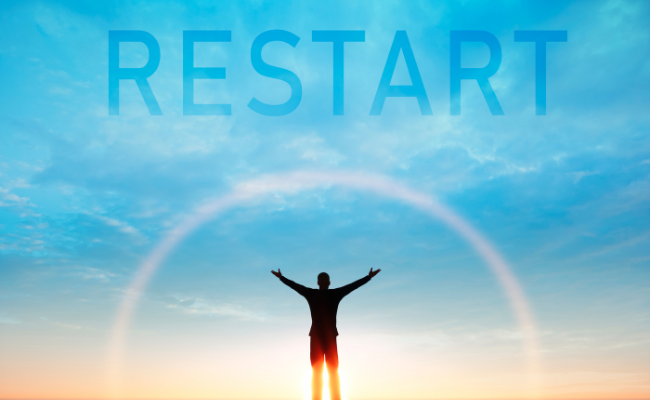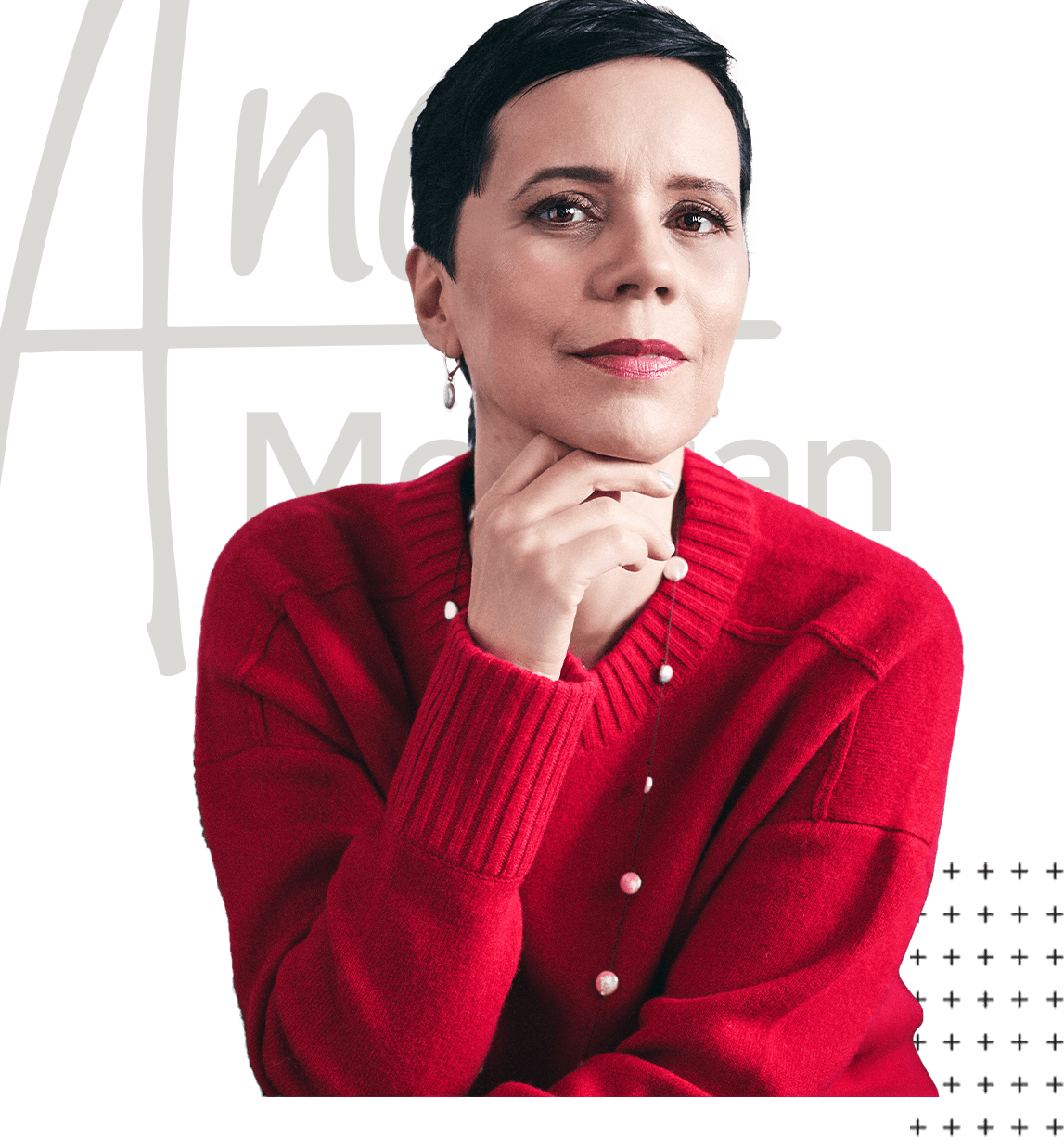AI Disruption: Do You Have the Right Mindset?
I recently spoke about the unavoidable AI revolution and how we all have a choice in our response to this unwavering change—there are real risks attached to AI, making it even more critical to shepherd ourselves into a balanced and measured response.
I discuss:
- AI revolution vs. AI disruption
- The importance of the right mindset
- The AI Dilemma and its potential risks
Navigating the AI Revolution: Opportunities, Choices, and Impact
”If we use AI to free us up to do more “stuff,” what are we gaining?”
– Ana Melikian
The AI Revolution is here, and it’s not going anywhere. Join me as I walk through some opportunities, choices, and impacts that come alongside AI and my perspective on how to navigate them.
I discuss:
- The inevitability of AI and our power in response
- The benefits and risks of engaging with AI
- Using AI to free up time and strengthen connections
Ready, Set, Go: The Right Mindset For Succeeding
“You are going to be successful in whatever you want to do if you learn something.” – Ana Melikian
Ready, set, go! We’ve all heard that phrase at least once, from races to playground games. Where do you fall in terms of your approach to goals and aspirations?
I fall into the ready, ready, set, set, set, category, with few instances of go. I tend to over-analyze and over-prepare before taking action.
Today, I explore tendencies like perfectionism, being a quick starter, and the common practice of over-preparing or rushing into actions.
The NEW Game of Service with Mitch Axelrod
“If the people are serving the system, you have an inversion of value. If it gets extreme, you have a perversion of value, to where the system actually, instead of serving people, abuses people.” – Mitch Axelrod
I had the delight of speaking with Mitch Axelrod, entrepreneur, speaker, trainer, advisor, and a #1 Wall St. Journal, Barnes & Noble, and Amazon best-selling author.
Mitch is a champion for soul-first living and has delivered 3,500 seminars, workshops, keynotes, webinars, executive briefings, and coaching clinics on business, entrepreneurship, sales, leadership, values, intellectual property, and life skills to more than a million people.
From Resistance to Embracing Mel Robbins’ #5SecondRule
I still remember clearly walking down the stairs in my family house where I grew up in Portugal, thinking about something I wanted to do.
Without saying anything to my mom about my desires, she would somehow suggest the same thing I had been thinking.
And just like that, her suggestion was the kiss of death to my desire. Maybe this is typical teenage resistance. Annoying as it must have been to my mother, perhaps my resistance was good, a sign I wanted to create my own way and identity.
The Power of Restart!
When your computer starts to misbehave or run slower, common advice is to shut it down and restart it.
Many times, we resist this advice.
We have so much stuff open.
We are afraid of missing something.
It will take time.
And we can go on and on with excuses.
But we know that restarting can be the most powerful action we can take.
Uncovering Your Brilliance with Lane Gardner
“Creativity, in my view, is simply expressing part of yourself—your essence—in a way that only you can do.”
– Lane Gardner
I had the pleasure of speaking with Lane Gardner, singer/songwriter, speaker, mental-wellness coach, author of Lifeline, and founder of Thread Connects, a therapeutic arts non-profit organization.
We discuss:
- Expanding the definition of creativity
- Disbanding our inner critic and embracing expression
- The power of collaboration in creative expression
Letting Go, So You Can Grow with Lady Jen Du Plessis
”Live your legacy while you're building it.” – Lady Jen Du Plessis
I had the pleasure of speaking with Lady Jen Du Plessis—aka The Scaling Architect—the leading expert in building world-class teams, a bestselling author, and the host of two top-ranking podcasts.
Through her masterminds and private mentorship, she helps people hyper-scale their revenue and improve leadership skills to build powerful teams that enable multiplied results in record time while designing a balanced and exciting personal life.
The Dimensions of Happiness with Ryan A. Bush
”This third dimension that corresponds to the mountains and the valleys, this is really what I argue is pulling the strings of our happiness.”
– Ryan A. Bush
I had the delight of speaking with Ryan A. Bush, a thinker, designer, and founder of Designing the Mind. He explains his approach to expanding human potential, and how our understanding of happiness needs to be redefined, seeing it not just as pleasure and pain but also through the dimensions of loss/gain and core personal strengths.
We discuss:
- Two common dimensions of happiness
- The third dimension of happiness
- Unpacking the concept of happiness
Embracing Uncertainty with Jennifer J. Fondrevay
“You need to be smart about where you're putting your energy.”
– Jennifer J. Fondrevay
I had the pleasure of speaking with Jennifer J. Fondrevay, the Founder of Day1 Ready™, a consultancy that advises forward-thinking business leaders, owners, and C-Suite executives on how to prepare for the human capital challenges of M&A (Mergers and acquisitions).
We discuss:
- The role of control in embracing uncertainty
- The importance of data and information
- The power of the TEA Framework




